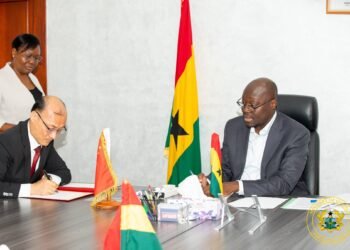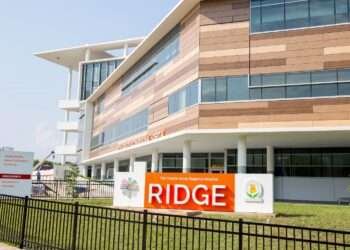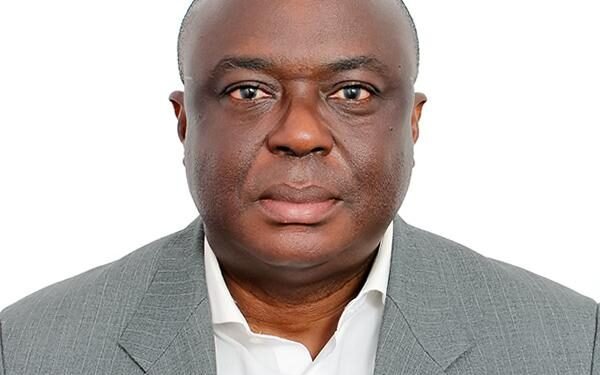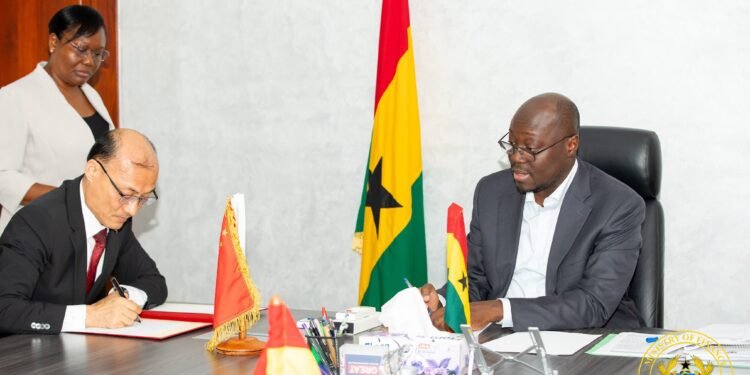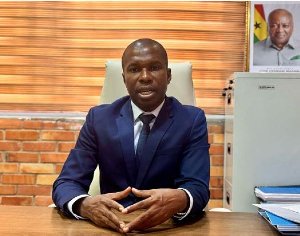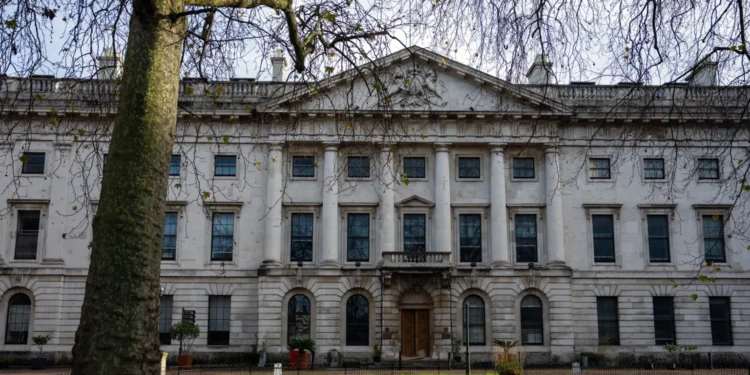Ghana, a nation known for its rich cultural heritage and historical significance, finds itself battling with profound economic challenges, rendering it financially strained. Despite strides in sectors like agriculture and mining, the country faces a complex web of economic issues that contribute to its financial woes. High levels of public debt, coupled with budgetary deficits, have strained the government’s ability to fund essential services and invest in critical infrastructure. External factors such as wars, fluctuating global commodity prices, especially concerning cocoa, one of Ghana’s major exports, further exacerbate its economic vulnerability.
Unemployment rates are stubbornly high, impacting the livelihoods of a significant portion of the population. Inadequate access to quality education and healthcare perpetuates a cycle of poverty, hindering social and economic development. The informal sector, while resilient, often lacks the stability and structure necessary for sustainable growth.
Challenges in governance and corruption have also played a role in hindering economic progress. Efforts to attract foreign investment and stimulate economic growth are impeded by a perception of instability.
Despite these challenges, Ghana remains resilient, with ongoing efforts by the government and various stakeholders to implement reforms and foster economic stability. The nation’s commitment to addressing these issues and fostering inclusive development signals hope for a brighter economic future.
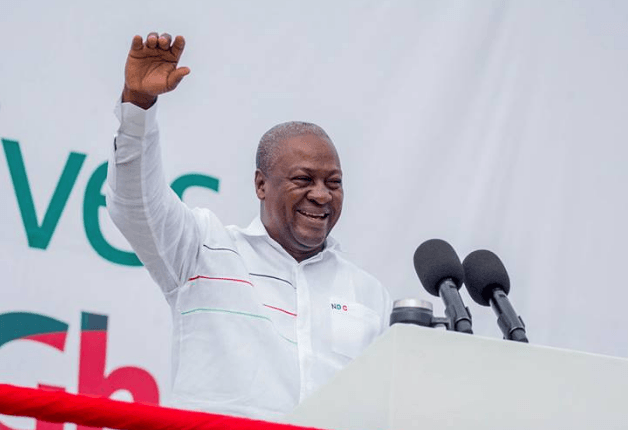
As Ghana approaches the 2024 general elections, former President and National Democratic Congress (NDC) flagbearer John Dramani Mahama has acknowledged the country’s economic challenges, declaring a need for measured promises amid a perceived fiscal crisis.
“…I am being very measured in the promises that I make because we all know the crisis in which this country has been plunged [into]. We will show you the books and finances of this country, and you will realise the harm that the New Patriotic Party administration has done this country, the economy is broke.”
John Dramani Mahama
Meanwhile, Franklin Cudjoe, President of IMANI Africa, expressed sympathy for Ghana’s future president.
“I think it is important to be very careful how we want to deal with this economy. I pity the next president of this country because what it means is that you are going to deal with this nonsense of taxes and there will be no breathing room at all.”
John Dramani Mahama
Mahama’s measured promises reflect a sober acknowledgment of the economic realities facing Ghana. The former president highlighted the dire state of the economy, asserting that the NPP administration’s policies have harmed the country. In response to this economic challenge, Mahama conveyed his commitment to fiscal responsibility, opting for promises that align with the country’s financial constraints.
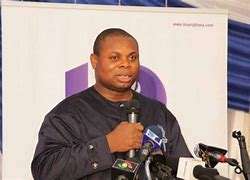
During his address in Hohoe, Mahama revealed his commitment to financial transparency, promising to reveal the books and finances of the country to showcase the economic harm caused by the NPP administration. He pointed out that the economy’s fragile state necessitated caution in making extravagant promises, setting the stage for a campaign rooted in pragmatism and economic realism.
One of Mahama’s promises was to pay monthly allowances of GH¢1,000 to all Assembly members if the NDC wins the upcoming elections. While this pledge reflects the party’s commitment to local governance and grassroots representation, it comes with a price tag of GH¢80 million annually. In an attempt to reallocate resources, Mahama proposed reducing the budget for the President’s office, which currently stands at over GH¢2 billion.
Cudjoe’s sentiments reflect a broader concern within the economic and policy analysis community about the sustainability of Ghana’s fiscal policies. The continuous introduction of taxes, coupled with the challenges posed by a strained economy, may indeed create a challenging environment for the next president, as noted by Cudjoe.
In the lead-up to the 2024 elections, the discourse around fiscal responsibility, transparency, and the need for sustainable economic policies takes center stage. Both Mahama’s cautious promises and Cudjoe’s expressions of concern underscore the complex economic realities that the country faces and the challenges that lie ahead for its leadership.
READ ALSO: Ghana Government Initiates Sweeping Power Sector Renovation Amidst Political Controversy




